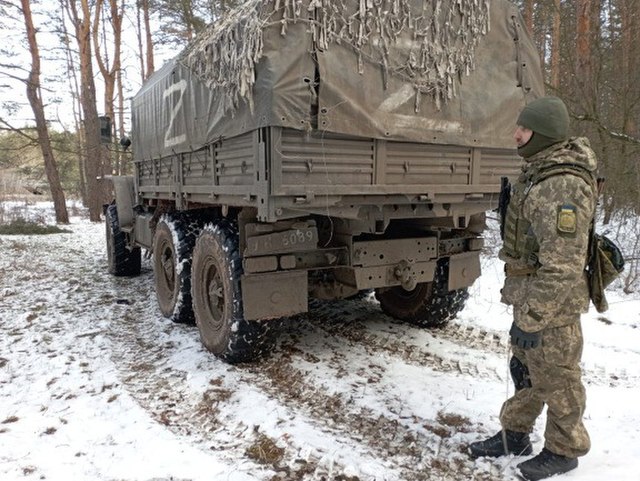
Please Follow us on Gab, Minds, Telegram, Rumble, Gab TV, Truth Social, Gettr
Russians are mainly supportive of the war in Ukraine although many want a negotiated settlement, especially Russian youth, according to a newly released poll.
The Bell got the chance to see the latest closed poll conducted by Russia’s leading state sociological center, VTsIOM, into the public’s feelings about the ‘special military operation’ in Ukraine. There is an even split between those who believe that Russia should continue its military activities in Ukraine and those who believe it is high time for peace talks. The majority of under-35s support an immediate ceasefire and a negotiated settlement, reported independent Russian news outlet ‘The Bell’.
The key findings from the survey:
- The most striking result is the equal split in answers to the question of whether it is more important for Russia to continue pursuing its military activities in Ukraine or enter peace talks. Each option attracted 44 percent of respondents, while a further 12 percent could not answer the question.
- Another question about the future of the operation went like this: “Some believe that the military operation in Ukraine must end as soon as possible. Others believe that the fighting should not stop now. Which point of view is closer to you – the first or the second?” Here, a majority supports the continuation of the war – 57 percent versus 30 percent, with the remainder unable to answer.
- The proportion of survey respondents who gave positive answers to a question about their support for the ‘special operation’ was 70 percent. This figure has remained consistently high throughout the campaign: the lowest number (65 percent in support) was reported on the day after the war began. Seventeen percent said they did not support the SMO and a further 13 percent were unable to answer.
- The 18-24 age group is least likely to support the ‘special operation’, with 37 percent ‘inclined not to support’ and 38 percent ‘inclined to support’ it. In the 25-34 group, these figures are 26 and 50 percent, respectively. Loyalty increases with age: there is 79 percent support among over-45s and 84 percent among the over-60s.
- Support for the ‘special operation’ is highest among those who describe themselves as active TV viewers (81 percent against 11). Among active internet users, support for the war drops to 45 percent (and opposition rises to 33 percent).
- It was not possible to identify trends among different wealth categories: among those who said their financial situation was ‘good’, support for the ‘special military operation’ runs at 75 percent; among those in a ‘poor’ financial situation, the figure is 61 percent.
- Another question read: “Some people believe that due to the economic and humanitarian sanctions imposed on Russia by the West, it is essential to unite around the president and support him even if you do not entirely agree with him. Others believe that even under sanctions there is no need to rally around the president and support him. What do you think?” This question has been posed twice: in late April and on June 21. This time, the figure that agreed with the need to support the president fell from 81 percent to 75. In the youngest age group, those figures were 67 and 43 percent, a drop of 24 percentage points. In the 25-34 age group, the number who saw no need to rally around the president rose from 19 to 26 percent.
One of the more striking conclusions we can draw from this poll is the generation gap. Young Russians are more minded to halt the war, and their view of the president in the light of the war and sanctions is steadily becoming less positive. A clear split between the generations has emerged on all key policy questions of recent years, Yudin adds. “Putin’s core support comes from the older generation, who have lived through various crises in their middle age.” Independent sociologist Alexander Prokopenko sees this generational split as an important factor: the stability and sustainability of autocratic regimes largely depends on the younger part of the population, added The Bell.
‘NO AD’ subscription for CDM! Sign up here and support real investigative journalism and help save the republic!‘
- Former Russian PM Medvedev Says Ukraine ‘May Disappear From The Map’
- European Union’s Energy Decoupling From Russia

